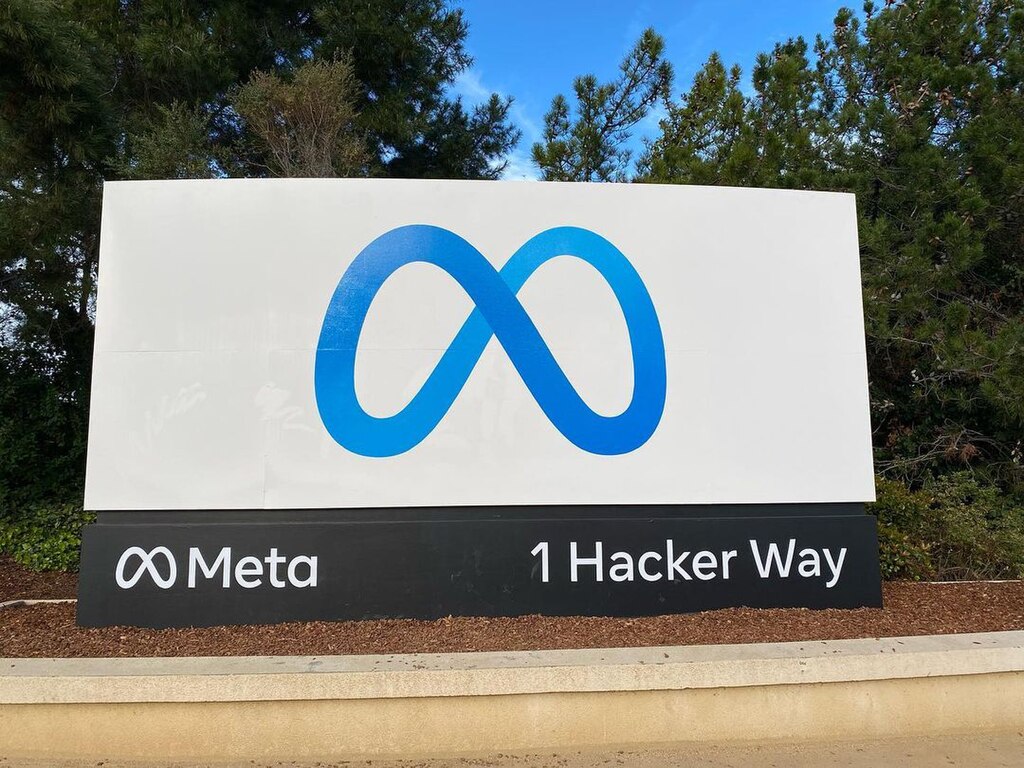A recent report by Liquid Collective and Obol highlights significant risks associated with Ethereum's Pectra upgrade in 2025, emphasizing the need for client, operator, and cloud diversity to maintain network stability and prevent potential slashing penalties.
Report Highlights Significant Risks in Ethereum’s 2025 Pectra Upgrade, Emphasizes Need for Diversity
According to a recent report by Liquid Collective and Obol (via Cointelegraph), Ethereum's Pectra upgrade in 2025 presents substantial risks, such as concerns regarding cloud diversity, operator diversity, and client diversity.
A recent research report published by Liquid Collective and Obol has disclosed numerous associated risks as Ethereum prepares for the Pectra upgrade in early 2025.
Alongside concerns regarding the limited adoption of distributed validator technology (DVT), the report emphasizes the significance of client, operator, and cloud diversity.
Matt Leisinger, the chief product officer of Alluvial, a software development company that provides support to Liquid Collective, stated in an interview with Cointelegraph:
“Our latest report with Obol highlights the growing importance of addressing Ethereum staking’s correlated risks and protocol-level penalties.”
Cointelegraph contacted the Ethereum Foundation before publication; however, a response still needs to be received.
Report Highlights Risks of Slashing Penalties and Network Instability in Ethereum's Pectra Upgrade, Urges Operator Diversity
The report cautioned that "substantial slashing penalties and network instability" could result from "a significant bug in a dominant client" about consensus and execution clients.
Staking through a single node operator, a foundational component of Ethereum's consensus mechanism, can expose staked assets to downtime and slash risks.
The report cautioned that "operator diversity is essential for maintaining network health and preventing single points of failure" with staking.
Leisinger reiterated this assertion in the report, as reported by Cointelegraph:
“Every staker and service provider must rigorously assess correlation, diversity, and risk mitigation to prevent potential risks, even from trusted node operators.”
The report also critically discussed the necessity of a broad geographical distribution of cloud providers and validators, citing "recent outages, such as those at Hetzner and AWS."
It elucidated that DVT can substantially support this strategy by diminishing correlated risks and enhancing "validator resilience."
“For long-term resilience and institutional adoption, it’s critical that staking configurations prioritize node operator and validator diversity,” Leisinger added.
Upcoming Ethereum Pectra Upgrade to Enhance Network Efficiency and Validator Management
The Prague and Electra upgrades are being combined in the impending Ethereum Pectra upgrade, which will concentrate on modifications to the network execution and consensus layers, respectively.
Petra is anticipated to be operational in the first quarter of 2025 and will incorporate the Ethereum Improvement Proposal (EIP)-7251.
"The Pectra upgrade will enable staking providers to consolidate their stake into fewer validators by increasing the maximum effective balance to 2,048 ETH," according to the report.
Modifying the staking limit will alleviate the burden on Ethereum's communication layer and decrease the number of necessary validators.
Photo: Microsoft Bing

























Comment 0